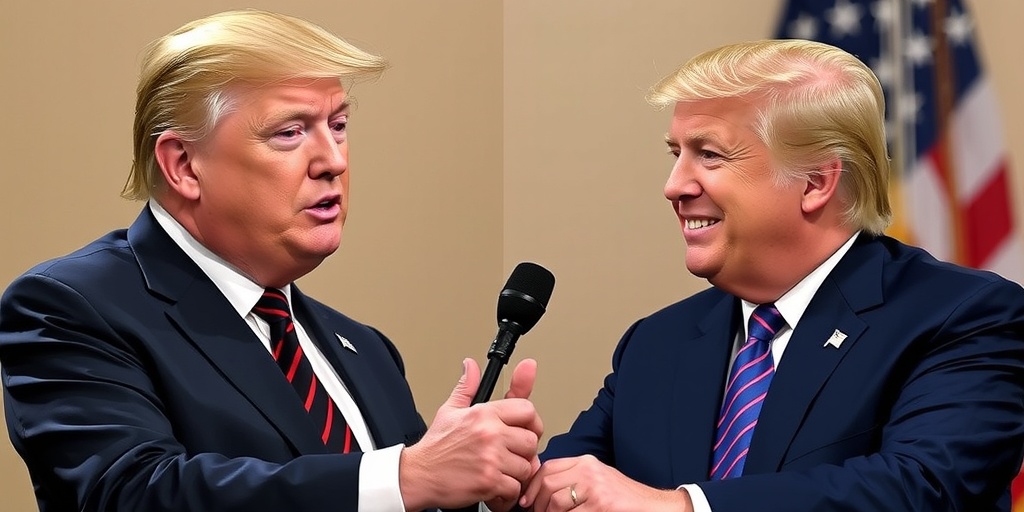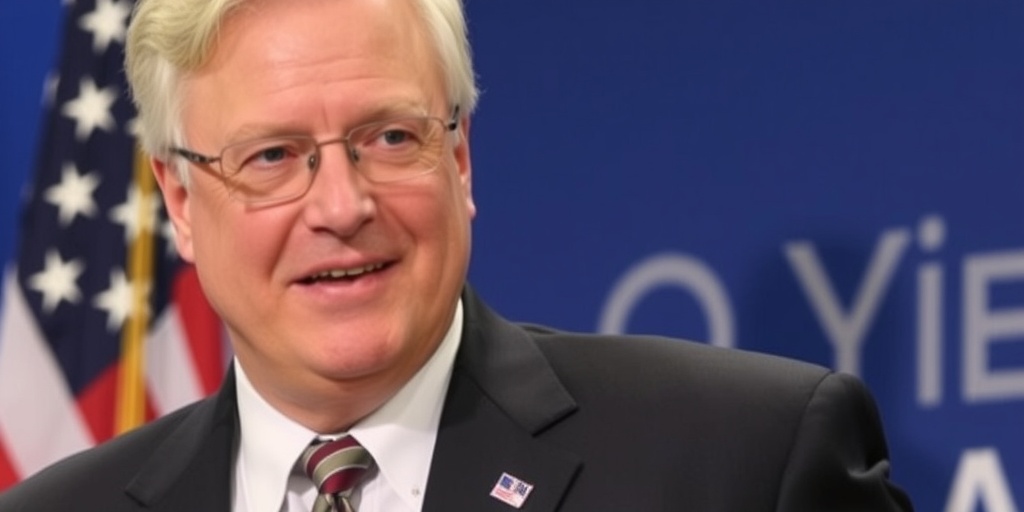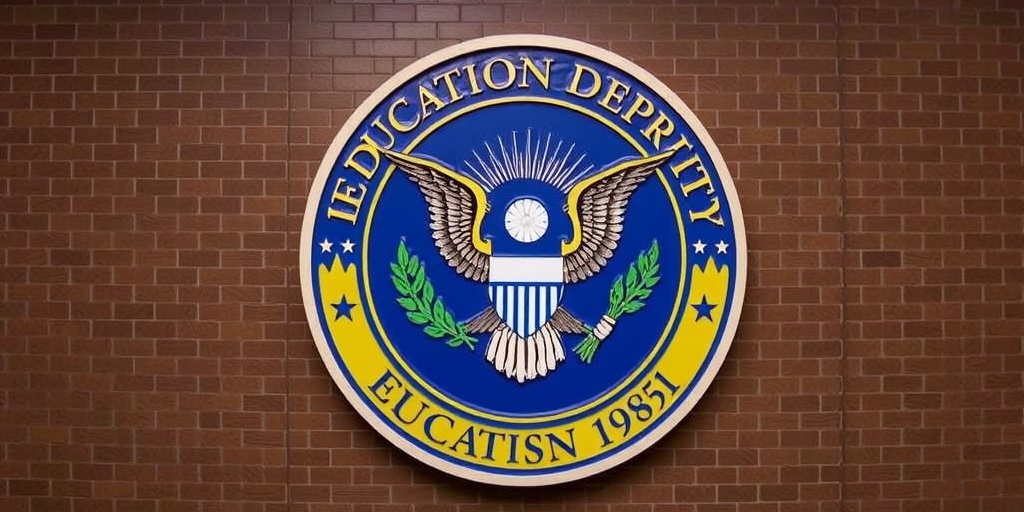Now Reading: DNC Sues Trump Over Election Interference
-
01
DNC Sues Trump Over Election Interference
DNC Sues Trump Over Election Interference

Title: Democratic Party Sues President Trump Over Executive Order Violating Election Law
In a significant political move, the Democratic Party has launched a lawsuit against President Donald Trump, alleging that an executive order he signed earlier this month breaches federal election law. This lawsuit marks the first time the Democratic Party has taken legal action against Trump during his second term in office and comes amid an internal struggle among Democrats regarding the best strategies to counter the president’s extensive changes to the federal government.
The lawsuit, filed jointly by the Democratic National Committee and two other national Democratic committees in federal court in Washington, D.C., is primarily focused on an executive order that aims to exert greater control over independent federal agencies, specifically the Securities and Exchange Commission (SEC) and the Federal Election Commission (FEC). Democrats contend that this order jeopardizes the independence of these regulatory bodies.
According to the particulars of the executive order, it prohibits these independent agencies from interpreting the law in a manner that differs from the interpretations held by the president or the attorney general. Democrats argue that this directive effectively places control of the Federal Election Commission—responsible for regulating federal campaign finance—directly in the hands of Trump, who is also the leader of the Republican Party. This situation raises significant concerns regarding the potential for political manipulation of election oversight.
“The executive order purports to provide President Trump — the leader of the Republican Party — with the ability to order the F.E.C. to take particular positions on any question of law arising in the commission’s performance of any of its duties,” the lawsuit states, emphasizing the potential conflicts of interest.
Furthermore, the lawsuit elaborates on the contention that Trump’s order violates established federal election law and undermines the authority of Congress. The filing asserts that Trump’s claims are fundamentally inconsistent with nearly a century’s worth of Supreme Court rulings that endorse Congress’s power to protect specific agencies and officials from executive control. The Democrats argue that this move could fundamentally alter the electoral landscape and hinder the integrity of federal elections.
This legal action reflects the Democratic Party’s ongoing criticism of what they perceive as undemocratic attempts by Republicans to sway the electoral process. Notably, Ken Martin, the recently appointed chairman of the Democratic National Committee, has made it a priority to join in legal actions contesting new election rules in various states, including a controversial set of Republican-backed rules recently adopted in Georgia.
Despite the gravity of the lawsuit, the White House and the office of Attorney General Pam Bondi, named as a defendant in the case, have not yet publicly commented on the matter. This silence raises further questions regarding the administration’s response to allegations of overreach and misuse of power.
The Federal Election Commission has long been criticized for its perceived ineffectiveness and lack of resources. The agency has faced challenges such as being unable to meet its required number of commission members and experiencing frequent deadlocks between partisan divides. This dysfunction has led to frustrations from both parties, as they maneuver to exploit the inefficiencies of the FEC for political gain.
In the lawsuit, the Democrats cite ongoing complaints being heard by the commission, including a notable "meritless complaint" against the Democratic Senatorial Campaign Committee. This accusation alleges that the committee improperly classified four advertisements during the 2024 electoral cycle. The Democrats highlight this complaint as a prime example of the potential harm that could come from restructuring the FEC under the new executive order, raising the specter of politically motivated investigations and rulings.
“Americans are legally guaranteed fair elections with impartial referees — not a system where Donald Trump can dictate campaign rules he wants from the White House,” stated Martin. This assertion reflects the party’s position on the necessity of maintaining an unbiased and independent electoral oversight body.
As the political landscape continues to evolve leading into the next election cycle, the outcome of this lawsuit could have profound implications for the relationship between the executive branch and independent regulatory agencies. The Democratic Party clearly seeks to delineate the boundaries of presidential authority in the context of federal election law and to safeguard the integrity of the electoral process. The legal battle is poised to unfold as different interpretations of the executive order are debated in court, potentially setting new precedents for future presidential actions.
Stay Informed With the Latest & Most Important News
Previous Post
Next Post
-
 01New technology breakthrough has everyone talking right now
01New technology breakthrough has everyone talking right now -
 02Unbelievable life hack everyone needs to try today
02Unbelievable life hack everyone needs to try today -
 03Fascinating discovery found buried deep beneath the ocean
03Fascinating discovery found buried deep beneath the ocean -
 04Man invents genius device that solves everyday problems
04Man invents genius device that solves everyday problems -
 05Shocking discovery that changes what we know forever
05Shocking discovery that changes what we know forever -
 06Internet goes wild over celebrity’s unexpected fashion choice
06Internet goes wild over celebrity’s unexpected fashion choice -
 07Rare animal sighting stuns scientists and wildlife lovers
07Rare animal sighting stuns scientists and wildlife lovers





















